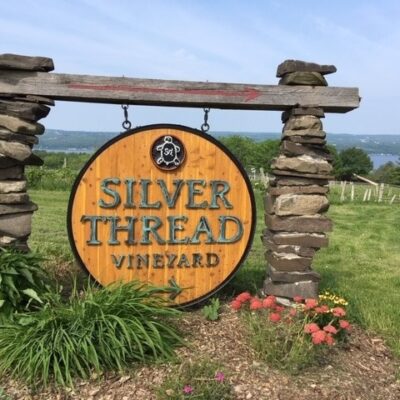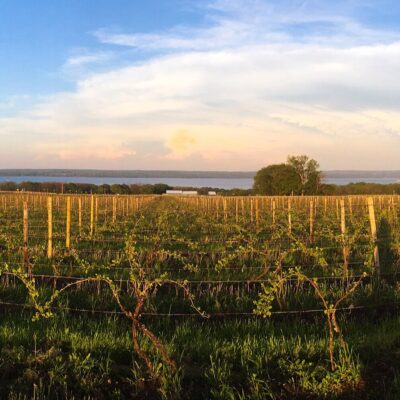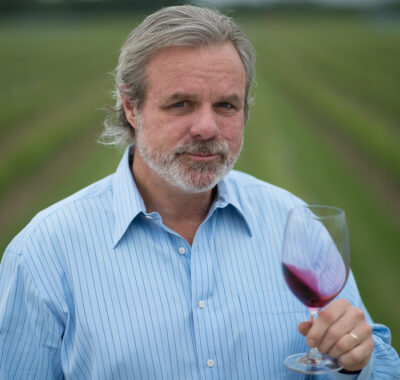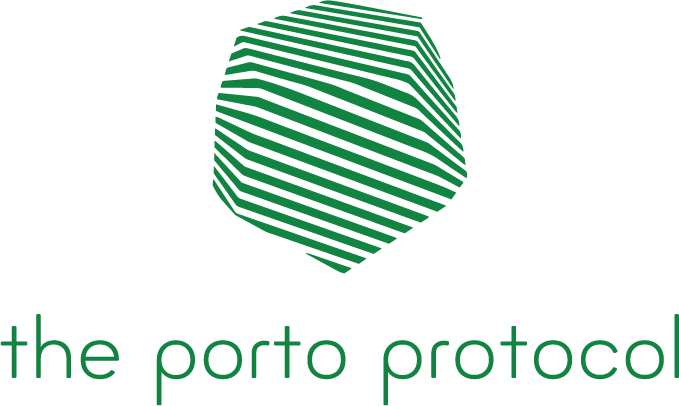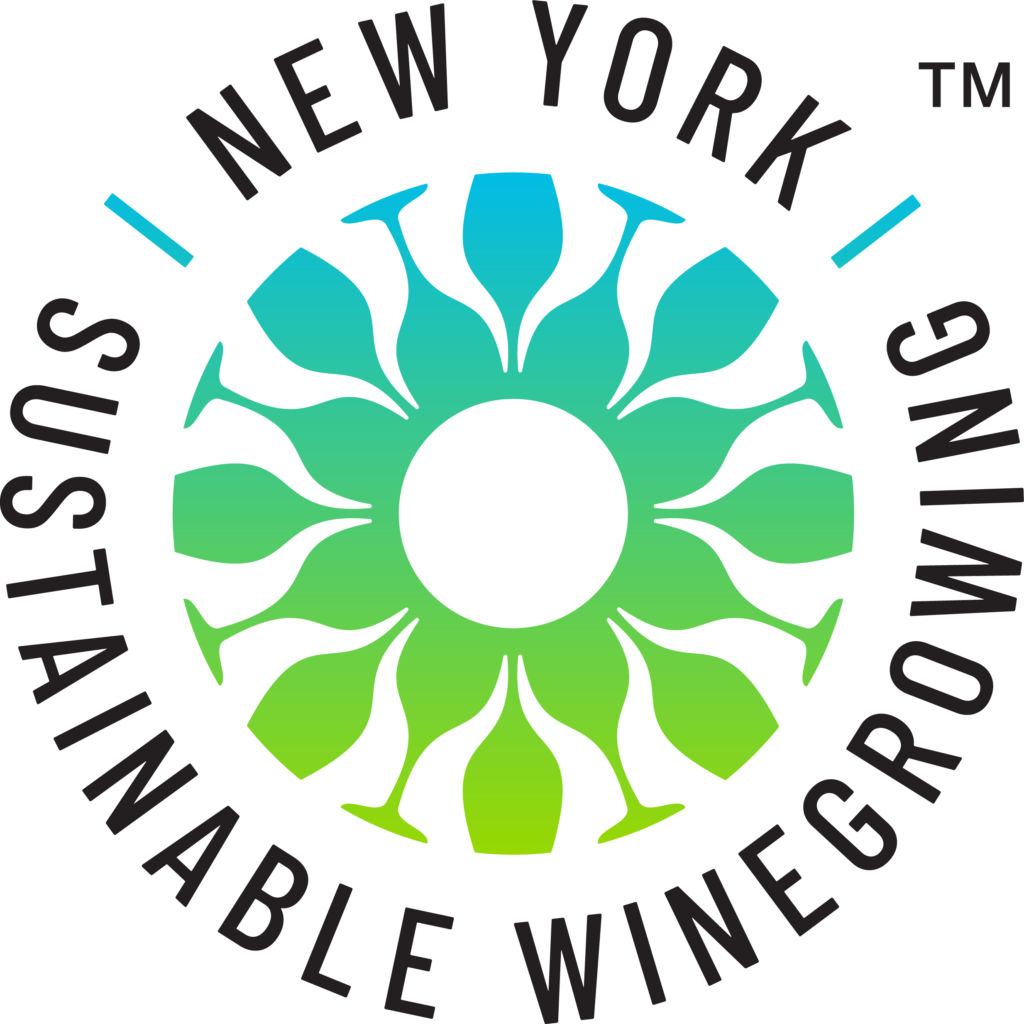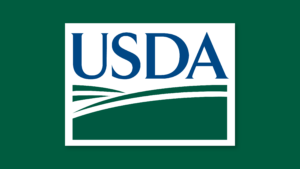
USDA Accepting Applications to Help Cover Costs for Organic Certification
WASHINGTON, August 10, 2020 – USDA’s Farm Service Agency (FSA) announced that organic producers and handlers can apply for federal funds to assist with the cost of receiving and maintaining organic certification through the Organic Certification Cost Share Program (OCCSP). Applications for eligible certification expenses paid between Oct. 1, 2019, and Sept. 30, 2020, are due Oct. 31, 2020. “For producers producing food with organic certification, this program helps cover a portion of those certification
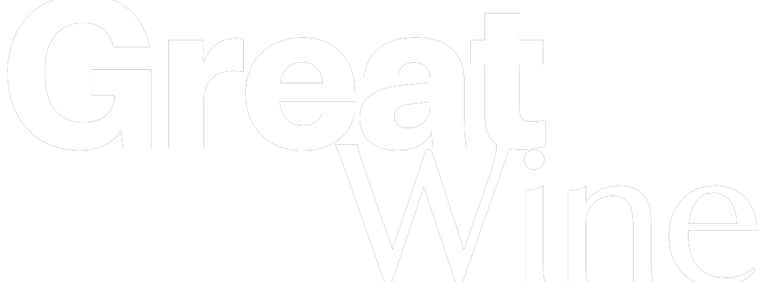
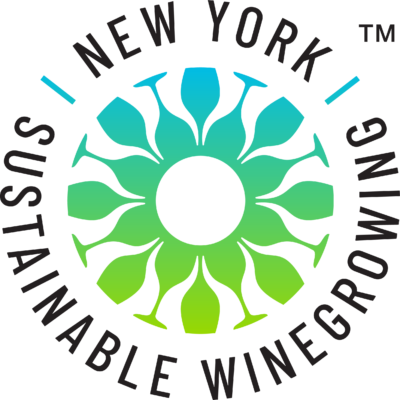 New York Sustainable Winegrowing is
New York Sustainable Winegrowing is 
